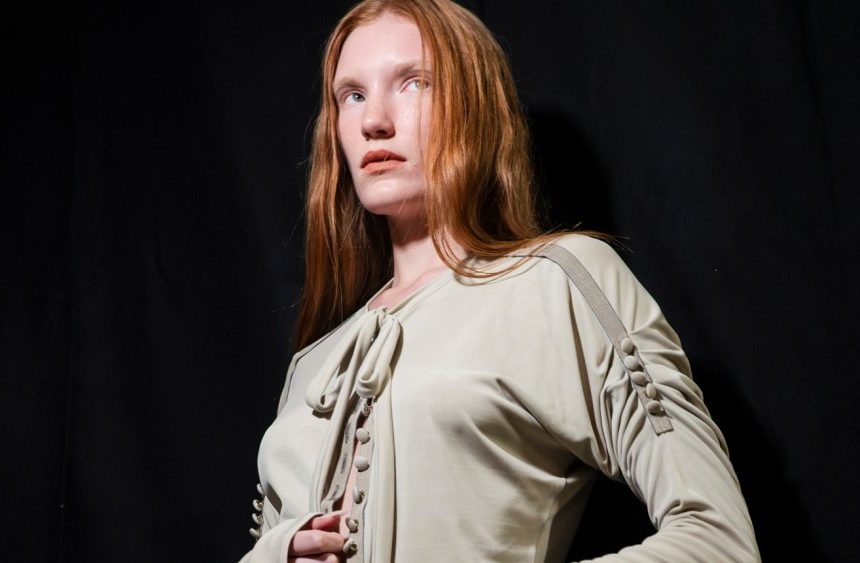People all over the country will have rejoiced on Friday at the news of the first ever female archbishop of Canterbury. After literally centuries of women seeking to serve as leaders in the church, a woman will now hold the most senior position in the Church of England. And the news was welcomed not simply because Sarah Mullally is a woman, but because she is a wise, intelligent, courageous and compassionate leader.
Of course, some people are unhappy – either because of her sex or because of her support for the blessings of same-sex relationships. And some raise concerns about a serious safeguarding case five years ago that was not handled well on her watch by the diocese of London safeguarding team.
Nonetheless, Bishop Sarah – while quite diminutive in stature – has broad shoulders, which she will need. She has survived seven years as bishop of London, which covers one of the most polarised parts of the country when it comes to female priests and bishops. One in five churches in London have passed resolutions to limit women from being vicars or from consecrating the bread and wine. She has been on the receiving end of misogynistic behaviour: in February of this year at General Synod, the church’s national assembly, she broke down in tears as she brought to mind the many “micro-aggressions” she has been subjected to. I would hazard a guess that some of those incidents were not micro at all.
As archbishop of Canterbury, Bishop Sarah will preside over a church that is open to women being priests and bishops but, at the same time, has seven serving bishops who welcome her as their new archbishop but would not personally receive communion from her (the bishops of Blackburn, Chichester, Beverley, Fulham, Oswestry, Richborough and Lewes); and one bishop (the bishop of Ebbsfleet) who does not believe women should be in authority over men in the church. Furthermore, there are still nearly 600 churches, according to Women and the Church, that continue to limit women, where she might not be able to preside over the bread and wine or preach.
In her global role as head of the Anglican communion – the 85 million people in more than 165 countries who call themselves Anglicans – Bishop Sarah will also face challenges because of her sex. Although most provinces in the Anglican communion do now accept female priests and bishops, some do not. Her position on same-sex relations – she is supportive of allowing clergy to bless same-sex relationships, if they agree to do this – is also criticised by some. Significant and powerful factions of the Church of England and Anglican communion resist this. Gafcon (the Global Anglican Future Conference), a network of conservative churches, has already announced that it receives the news of Bishop Sarah’s appointment “with sorrow”.
So how will this all play out?
By the time Bishop Sarah is “enthroned” as archbishop in March next year, she will only have six years before she will be expected to retire at age 70. There is nonetheless a lot she can achieve in that time. To do that, I believe, she will need to demonstrate leadership that takes the church in a clear direction. In the past, the rallying cry has been unity and our leaders have gone round in circles to agree with everyone – despite there being proper processes for making difficult decisions through prayerful debates and votes at General Synod.
after newsletter promotion
This has got us to a point where we have extra bishops appointed solely for those clergy and churches who do not accept female priests or bishops. The temptation will be to ask for more alternative episcopal oversight on other issues, such as same-sex blessings. But this direction will lead to further division and more people being unable to give or receive the bread and wine together (something that is at the very heart of what it means to be a church). Having the courage to follow due process, take decisions and not always make complicated and expensive provision for those who don’t win the vote will bring not only clarity, but ultimately greater unity too.
Recently, I was in a Church of England school teaching a sixth-form class and one young woman said that a boy she knew had told her that the Bible says women need to be under the authority of men. I would have liked to have been able to tell her that this is not what the Church of England believes, full stop. But I could not – as churches are allowed to teach this. In a world with so many problems, so much hatred, misogyny and racism, it would be good for the Church of England to have an authentic voice at its top that calls out the systems of male privilege that drive violence and abuse against women and addresses the institutional misogyny that is currently being ignored. Hopefully, the appointment of our first female archbishop of Canterbury will be a big step towards this.
-
The Rev Martine Oborne is the chair of Women and the Church (Watch) and vicar of St Michael’s church in Chiswick, London
-
Do you have an opinion on the issues raised in this article? If you would like to submit a response of up to 300 words by email to be considered for publication in our letters section, please click here.


